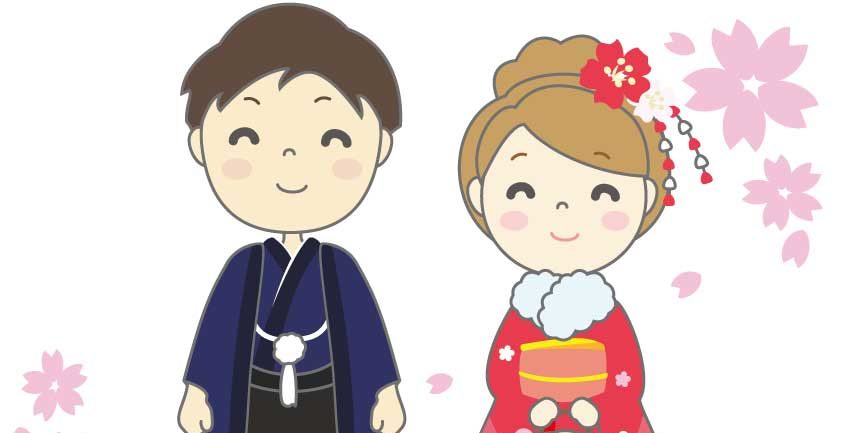Zyakkan (弱冠 – Tender Age)
Zyakkan
弱冠
When expressing a “20 year-old boy” or a “young person,” you can use the term zyakkan (弱冠).
「20歳の男子のこと」や「年が若いこと」を表す言葉に、「弱冠」があります。
Zyakkan was derived from a system in Zhou.
「弱冠」は、古代中国の周時代の制度に由来します。
In the past in China, a 20 year-old boy was called 弱, which means young; then he celebrated his coming of age and wore a 冠, which means a crown.
かつて中国では、20歳の男子を「弱」といい、その年になると元服して「冠」をかぶりました。
Therefore, zyakkan (弱冠) originally meant a 20 year-old boy, but these days it is usually used to mean a young person.
このため、もともと「弱冠」は20歳の男子を表すための言葉でしたが、次第に意味が広がり、年齢が若いことを表す言葉となったというわけです。
For example, you can say 彼は弱冠18歳で世界記録を出した (Kare wa zyakkan 18-sai de sekaikiroku wo dashita – He got a world record at only 18 years old) or 彼女は弱冠30歳で教授になった (Kanojo wa zyakkan 30-sai de kyoju ni natta – She became a professor at the age of mere 30).
例えば、「彼は弱冠18歳で世界記録を出した」「彼女は弱冠30歳で教授になった」のように使うことができます。
There is the other Japanese term 若干, which has the same reading as 弱冠, but note that the meaning is quite different — zyakkan (若干) means that the amount of something is small.
量が少ないことを表す「若干」と同じ読みですが、意味は全く異なるので注意して下さい。




